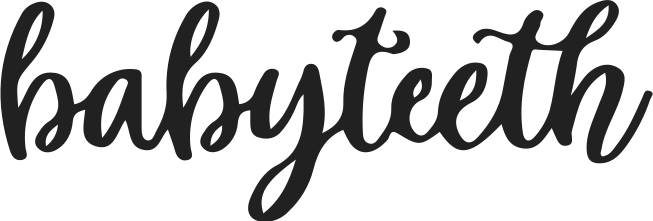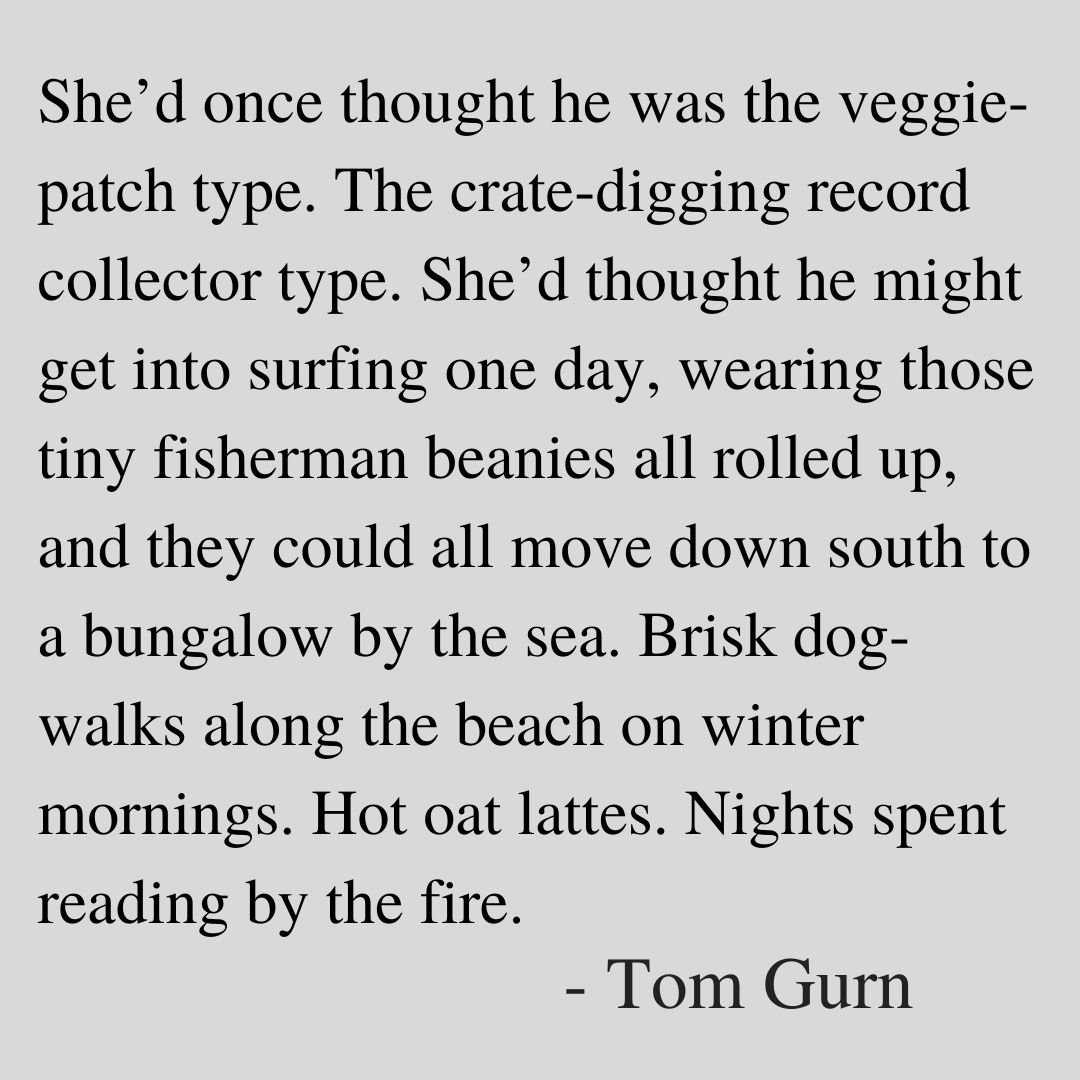Selling by Tom Campbell
Selling
Today, I plan on making a packet. Jack Spencer is at large in the city of Ipswich, with money on his mind.
For three weeks now I’ve been working as a door-to-door salesman. They still exist, people are surprised to find out. They don’t call them that because they, nominally, work for charities. Of course, they don’t. Not truly. They lock these households into a plan, cajole them to pay a dollar a day to cancer research or dogs for the blind but, for a year, all of that money goes elsewhere – to a person who own a Direct Marketing company, a person with something nebulously called a Portfolio, a person with little qualms.
My boss’s best friend is a boxing promoter. He came to the morning meeting, shiny and corpulent, and took an envelope of cash from his inner pocket. He promised it to the person who made the most ‘sales’. That thick greasy bundle, I do think, will be mine.
My grandfather, George Hulley, sold door-to-door in a different era, for different reasons. They would have called them travelling salesmen. There was quite a bit more travelling to do and less ways to do it.
George arrived in Brisbane from Calcutta, then Kalcutta, in 1966. I often wonder if, in this period, he had as much trouble sleeping as I do. It seems unlikely. My mother was five and her brother was three when they arrived in Sandgate. They rented a two-bedroom apartment, along with their extended family. It was close enough to the sea that the rank, sedimentary stench of the mud flats wafted through their windows at low tide, but too far away to ever feel the sea breeze offering its salty relief. Henry would set out early, before anyone was awake, and then come back late in the evening; to two young children, to cantankerous relatives, and to his wife; the formidable Edna Hulley. He must have slept, when he got the chance.
He died half a year ago, before I had the chance to ask.
Tonight, I’ll be lucky to get two hours of proper shut eye, even though I’ll walk fifteen kilometers between 11 in the morning and 7 at night. I could run the whole time and still lie under my ceiling fan with my eyes closed, praying for rest.
‘You’re going to The Switch today,’ our boss says. ‘You’ll do good out there. Rich people. Rich people are too stuck up, you know. But out there, real people. They have big hearts.’
I don’t say anything about financial literacy, I don’t say anything at all.
We go out in the van every day, five of us, to sell good will to the bored folks of a different city.
‘Got a text from this one last night,’ says Rhys, one hand on the wheel.
He shows a photo of a blonde girl to Adam, sitting in the passenger’s seat.
‘Ah, beauty.’
‘Yep, gonna get her round tonight.’
‘Nice one, boss.’
Constanza and Justo, the Argentinians, speak quietly together in Spanish. I’m the youngest there. Being in the van feels to me like being on a school bus.
‘You’ve got a missus, Jackie?’
It takes me a moment to realise I’m being spoken to.
‘Hmm?’
‘I said, you got a girl, Jackie?’
Rhys is looking at me in the rear-view mirror.
‘Yes. My girlfriend, yeah.’
‘Nice one, brother. Lock in a guaranteed root that way.’
There is laughter and I hate myself for the smile I force. It’s harder to pretend to be the person I am in the van than it is to pretend to be the person who says it’s all tax deductible and you can change the life of a child for less than the cost of a coffee a day! to a working mother of four who will never write off the tax, who will be bled by my boss for three years, on average.
‘I suppose,’ I say, ‘we live together.’
‘Ah, Jackie. 23 and shacked up, hey?’
Adam laughs. Rhys continues.
‘I’ve always been a little too naughty to keep a woman around long enough for that, you get me?’
‘Shit yes, boss.’
I wonder how much Justo and Connie talk about Rhys and Adam – and me, for that matter – safe in their secret, impenetrable language.
We go off separately with paper maps. At the first house, I meet two men who are drinking beneath a Eureka flag.
Last night my father called me.
‘I have a theory,’ he said.
It’s like him to start a phone call off with something like that. It’s something I’ve inherited, a meandering way to get to any point. I’m his son; from the bushy, long eyebrows to the Irish skin that makes all the photos of me as a baby look out of place when my pop is in them with me. With George, it always looks to people who don’t know that I’m being held by a stranger.
‘I have a theory,’ my father said to me.
‘Go on.’
‘It’s about size.’
My father loves the bookends of a story. The Introduction and The Epilogue. He will tease it out sentence by sentence at a family dinner until my mother slams her hand down and says, only half irritated, get on with it! When he reads a novel, he reads every part; the publishing details and all.
‘It’s about the size of what?’
‘It’s about the size of us, Jack.’
I held the phone with my shoulder while I peeled red onions and I could hear him, a glass of wine in his hand on the balcony in Newcastle, baiting me.
‘Who is us?’
‘You and I,’ he said, ‘and my brothers.’
I put down onions.
‘What are you getting at?’
‘Well, we’re small.’
‘Sure.’
‘Fit for certain tasks. Made this size for a reason.’
I took the towel off my shoulder and forgot about making dinner for that moment. I knew where his theory culminated.
‘You’re meaning granddad?’
‘Well,’ he said, as if I’d added extra weight to his idea that he hadn’t yet considered. ‘There’s a prime example. He was 5’ 7. Same as you and I. And you know what that’s the perfect height for?’
‘A navigator bombardier?’
‘A navigator bombardier.’
‘I don’t want to be a navigator bombardier.’
‘I know,’ he said, rushed to be done with his metaphor’s subtleties. ‘My point is some people are built to do certain things. Don’t you see what I’m getting at?’
‘I’m a door-to-door salesman, Dad.’
I heard him sigh and then sip his wine.
‘Just don’t write yourself off yet, is all I’m saying.’
The truth is that I don’t want to be a door-to-door salesman. I just haven’t worked up the courage to go back to Uni. My Dad’s theory of size appeals to me. Physically, I do not take after George Hulley any more than packets of frozen corn resemble the hearty husks in the crop that they come from. He was a middle weight boxing champion at St. Bridget’s boarding school in the Himalaya’s. He was 6 foot 4 in his prime. He was still sportsman enough to play alongside the Aussies in union when he arrived here at 33. My mother always remembers the blood and the smell of grass when he came home. He’d played for the brewery company in India, on the condition that his cowardly brother could play as well, as a five eight.
I only sleep in twenty-minute stretches, wake up for hours, then drift off for another twenty minutes. Each time I dream of sales. Often the real-life versions of these interactions are so gut-wrenching and nerve-wrecking that my subconscious doesn’t need to add anything grotesque to make them nightmares.
In my dream, I knock on the door. It’s dark. I always dream about the sales that happen after six. The hour of power, Rhys calls it. I can hear there’s someone in the house, in a fairly dark Queenslander. There is a light in one room and I stand on the dusty balcony at the front door, notice a discarded child’s doll with a grimace, and knock.
Tom isn’t currently on social media but you can find our Creator Interview with him on Patreon tomorrow!






